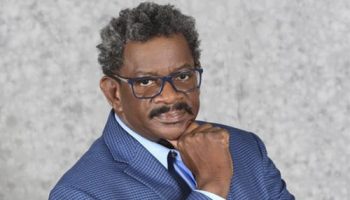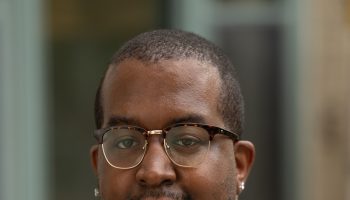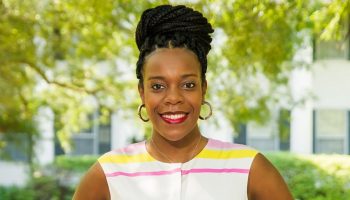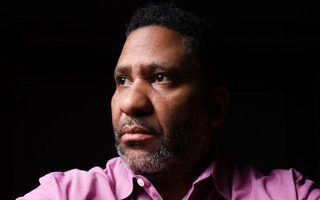
When historian Stan Deaton was 10 years old, he and his family traveled from his home in Georgia to Washington D.C.
“We went to visit Mount Vernon — George Washington’s home,” Deaton said. “We went to Monticello and I was fascinated by the past; I came to history through the presidents.”
In another history-imbued moment, Deaton recalled admiring the Jefferson Memorial with his mother.
“We were reading all of those magnificent words that surround the statue of Thomas Jefferson,” Deaton said. “And she said, ‘All those words about freedom and yet he owned slaves.’ I never forgot that.”
Deaton said the presidential monuments he saw growing up furthered his passion for history.
At 3:30 p.m. Wednesday, August 14 in the Hall of Philosophy, Deaton will discuss the impact of historical monuments in his lecture titled “What About Those Confederate Monuments?” as part of the African American Heritage House Speaker Series.
Deaton graduated from the Grady School of Journalism and Mass Communication at the University of Georgia in Athens. Then, he received his master’s degree in history from UGA, and his doctorate in history from the University of Florida in 1997. After earning his doctorate, he began working for the Georgia Historical Society, where he is now the senior historian and Dr. Elaine B. Andrews Distinguished Historian.
Throughout his career, Deaton said he has learned that history and humanities studies seem boring to many, but that they “give our lives meaning” and help mold lifestyles.
“I’ve always been interested in people and their stories, and the connection between people and the past,” Deaton said. “I see the unchanging past flow into the present.”
Deaton said monuments — both old and new — are something people are beginning to think about more.
“I think it’s a question that a lot of communities across the country are asking,” Deaton said. “It’s not just about Confederate monuments, but about things that are in our public spaces. … Are they works of history or works of public art?”
Deaton said monuments are history themselves and they embody the beliefs of the communities in which they were built.
“It’s about the history of the people that put them up,” Deaton said.
A Robert E. Lee Monument stands in New Orleans that was put up in 1884, a few years after the Confederate general died. Deaton said it represents the values of the community at that particular time in history.
“I don’t think a statue of Robert E. Lee has anything to do with Robert E. Lee,” he said. “A representation put up 50 years after he died has nothing to do with him, and when it’s in a public space it represents the values of the community.”
Deaton said those values have changed over time, particularly with respect to Jim Crow laws and persistent racial disparities. But the monuments are a snapshot of history.
“The idea that we can’t change anything from the 1890s or the first decade of the 20th century is ludicrous,” he said. “We change things all the time — so why can’t we change the monuments or move them? Though I’m not advocating for it.”
Deaton said though he isn’t advocating for the movement of certain monuments, there’s a conversation that should be had if the piece of history doesn’t represent a community’s values anymore.
“What makes these so sacred?” Deaton asked. “That’s what I want to ask the audience about — are they off limits?”
Deaton said he hopes Chautauquans will come into the lecture with an open mind and see history from a different perspective.
“I’m not trying to condemn anyone in the past,” he said. “All I am trying to do is help us all understand the past.”





